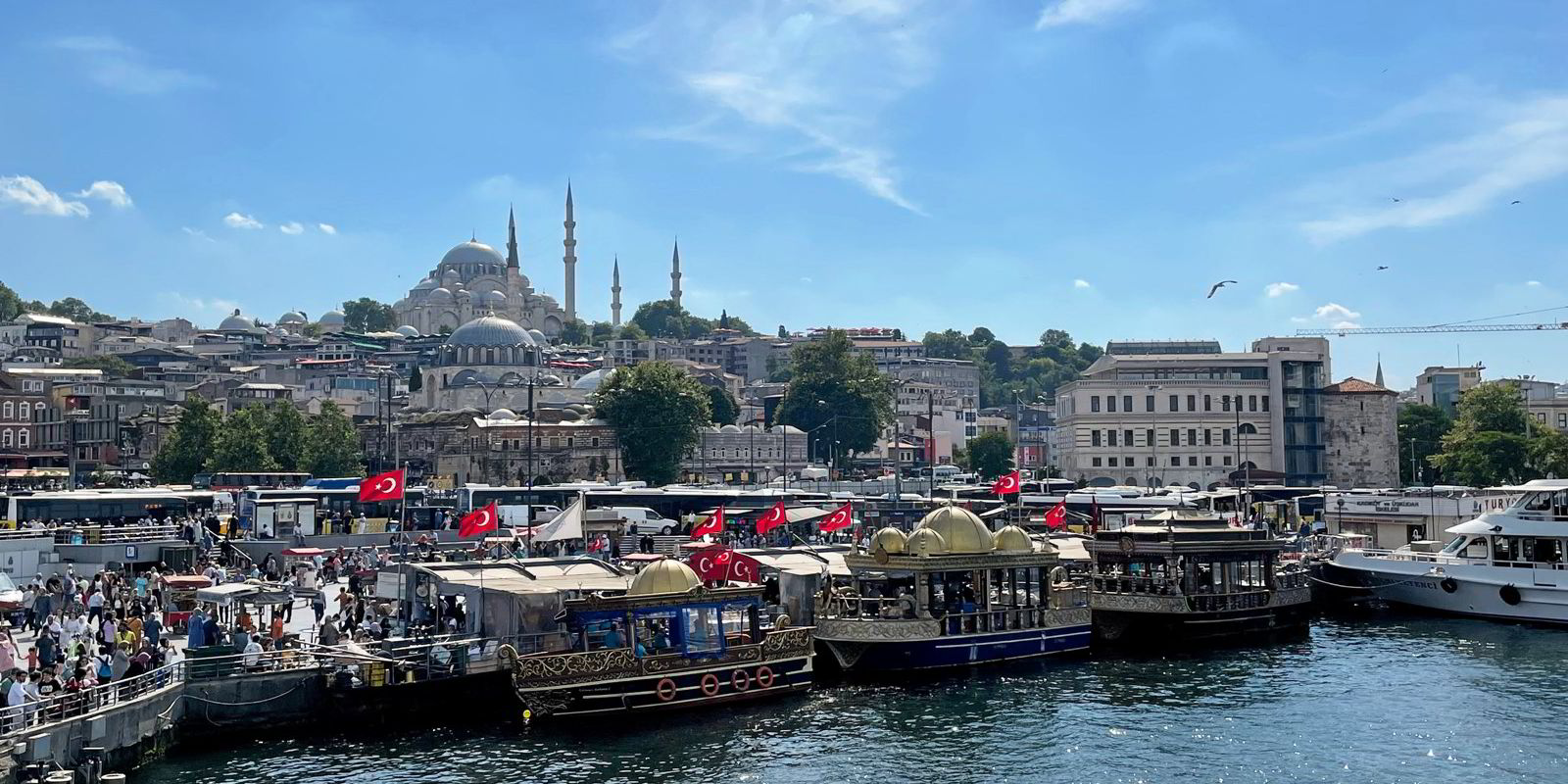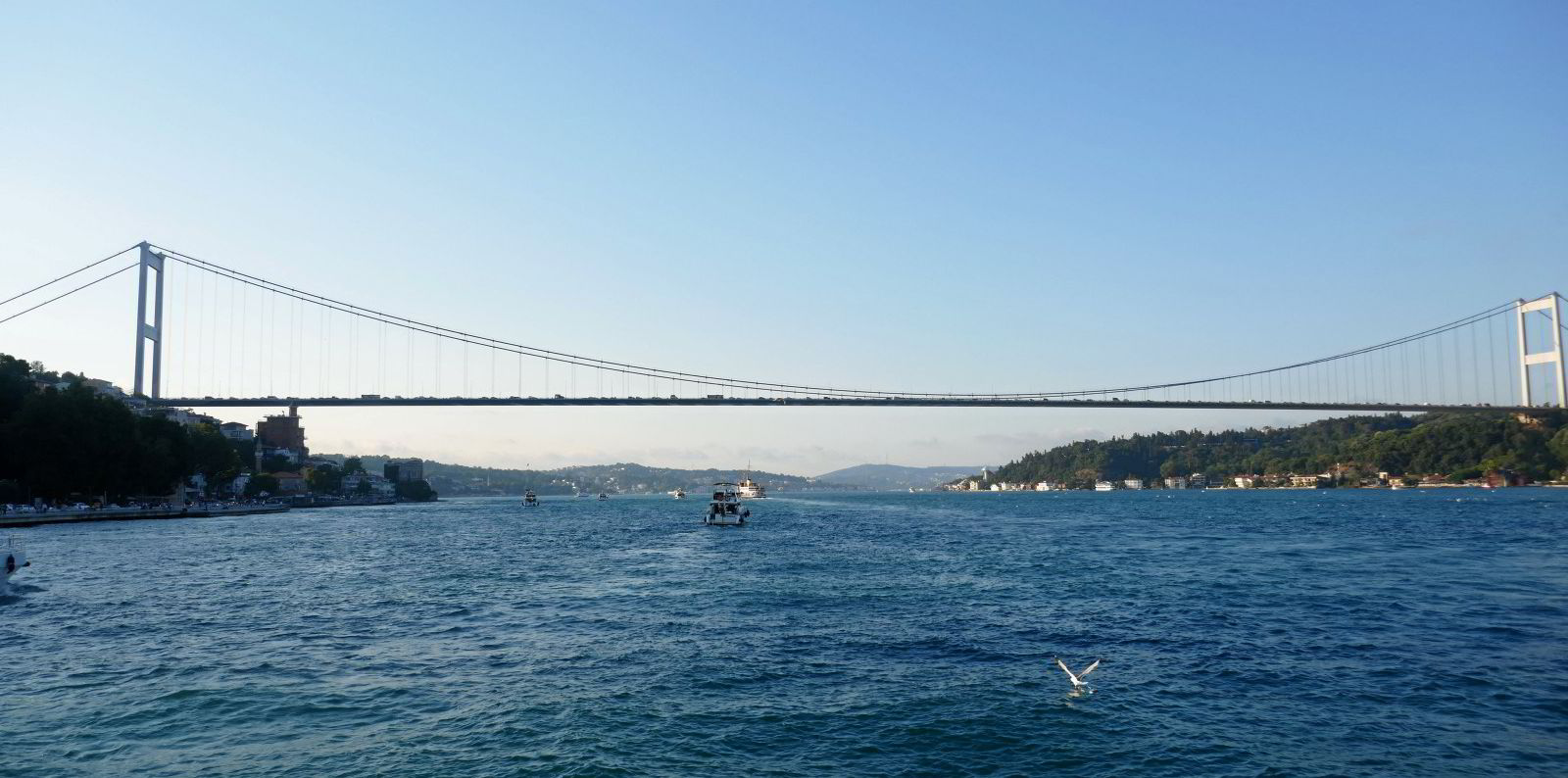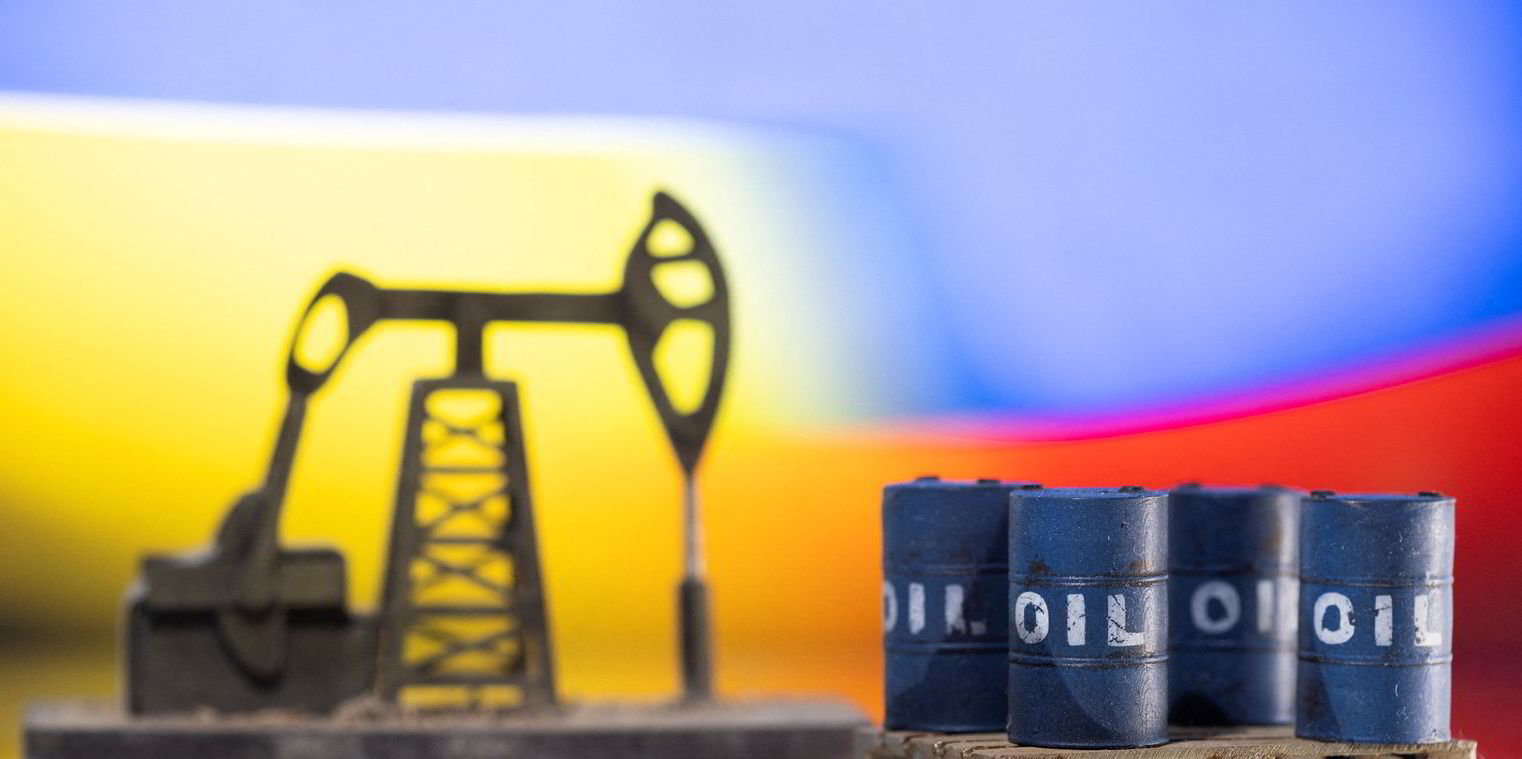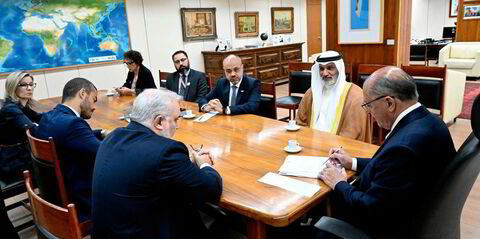Legitimate oil shipments through the Bosphorus could be trickling to a halt after protection and indemnity clubs’ failure to comply with new requirements imposed by Turkish authorities on tankers crossing.
Since 1 December, ships carrying crude oil through the waterway must produce a letter by P&I providers stating explicitly that they are covered by valid insurance during their voyage.
The letter needs to include ships’ details, cargo and voyage details. Agents must submit it together with the Sailing Plan 1 report when the vessel arrives at the Turkish Straits.
Two shipping players who contacted TradeWinds over the weekend, however, said they saw P&I Clubs refusing to provide such assurances.
According to information obtained by TradeWinds, 21 southbound laden tankers, several operated by major shipping companies, are stuck off Istanbul since 29 November because of the issue.
A number of northbound ballasting vessels are held up as well.
“The matter has turned into a full standoff. The count of stranded laden tankers will increase every passing day,” one source told TradeWinds.
In a statement issued later on Monday, the London P&I Club confirmed that members of the International Group of P&I Clubs (IG) cannot comply with Turkey’s request at the moment.
”The IG has assessed this issue in detail and, at the time of writing, it has been agreed that clubs cannot and should not issue such a letter to their owner or charterer members,” the London P&I Club said.
Hiding their hand in the sand
The dispute is a by-product of Western sanctions against Russia over its invasion of Ukraine, particularly in their sharpened form that kicked in on Monday.
Turkish authorities introduced the P&I requirement in the middle of November, following concerns over potentially uninsured Russian oil cargos travelling along the Bosphorus through Istanbul — a city of 20m inhabitants.
Reports of older tankers managed by questionable players and covered by little-known, even fake insurers, have been making the rounds for months.
“The potential of a pollution claim in the Turkish Straits is greater than ever,” the source said.
Turkey probably fears that a sanctioned cargo in breach of club rules might allow P&I providers to refuse cover in case of accidents.
The situation became particularly complicated on 5 December, since when Western shipping companies and insurers are barred from getting involved with the transport of Russian oil acquired above a $60-per-barrel price cap.
“The problem currently faced by members arises directly from the prohibitions that the EU, UK and US have introduced on Russian oil,” the London P&I Club said.
The Turkish government in effect “requires a P&I club to confirm that cover will not be prejudiced under any circumstances, including where there is a sanctions breach on the part of the assured, whether knowingly and intentionally or unknowingly and unintentionally”.
The sources speaking to TradeWinds said the International Group members also justified their refusal by saying that providing prior guarantees for cover is against their established “pay-first rule”, under which clubs reimburse members for liabilities to third parties after members have first satisfied those liabilities themselves.
Established P&I policy is rather to assess merits of a claim only once the claim has materialised in practice.
Counterproductive moves
Affected shipowners still find it hard to understand insurers’ stance.
“The IG are just hiding their heads in the sand,” the second shipping player told TradeWinds.
The first source said: “The IG is flexing its muscle … instead of seeking a mutually acceptable solution, they have engaged diplomatic channels to leverage their position.”
Talks involving diplomats are said to be underway, with some members proposing wordings of a statement that would satisfy P&I clubs as well as Turkish authorities.
The London P&I Club said renewed talks with the Turkish government are due to take place on Monday.
Ironically, it is above-board players whose life is being made difficult.
The risk-hungry, non-International Group P&I providers that increasingly cover ships carrying Russian oil will probably have no objections to providing the requested documents.
“The current procedure and standoff are having the contrary effect to the desired one. The mainstream fleet is blocked from transit, while in theory the shadow fleet can transit the Bosphorus,” the first source said.





